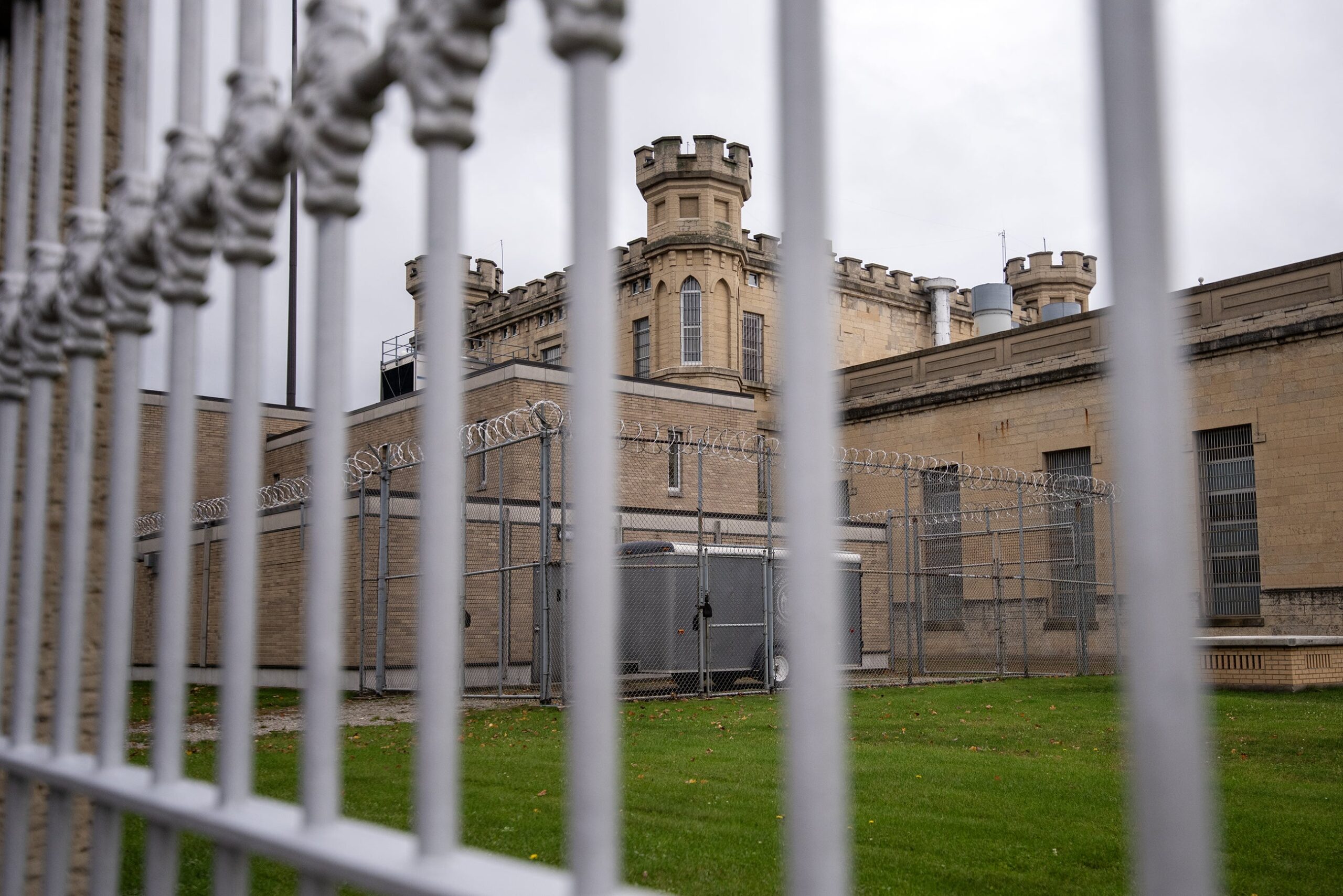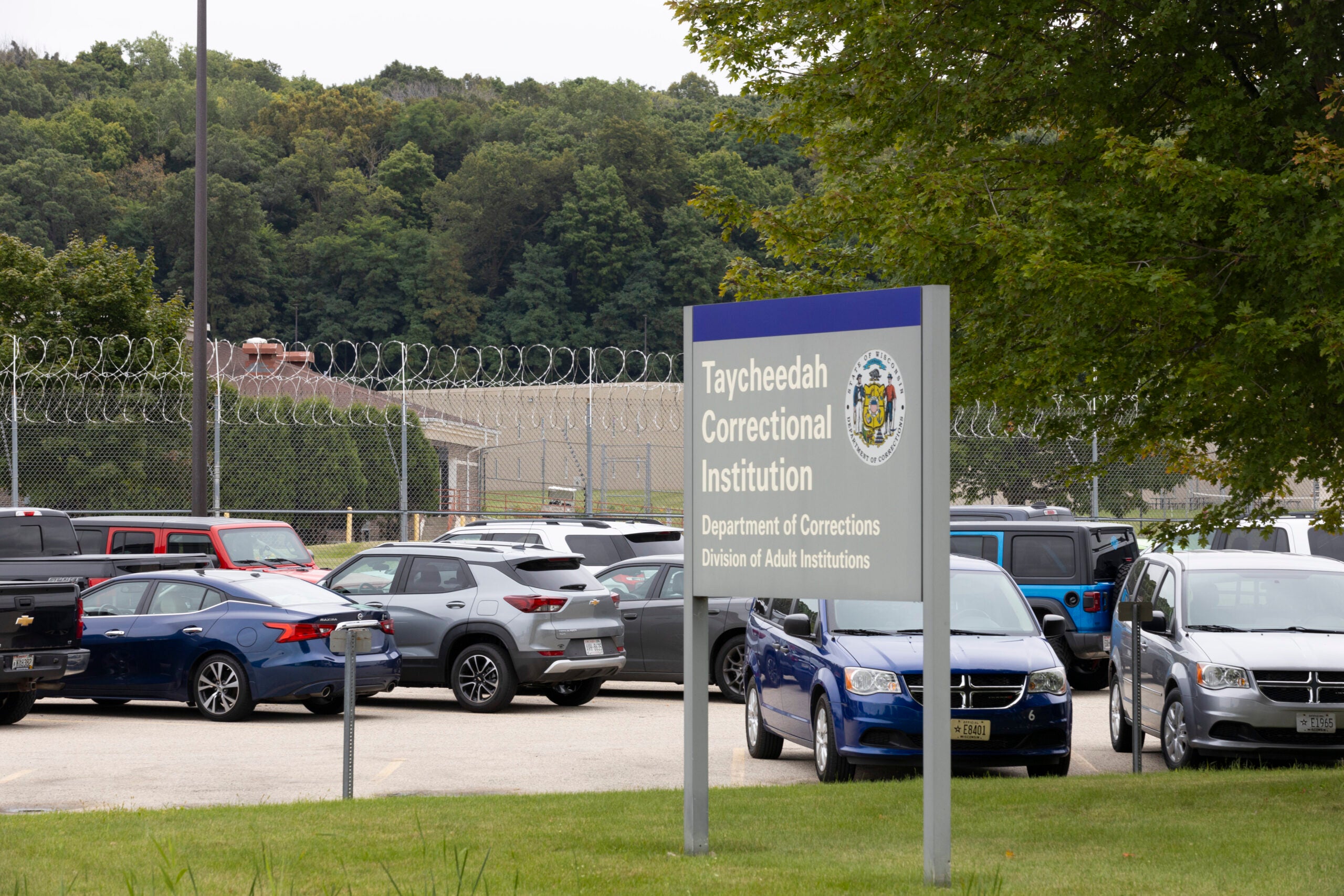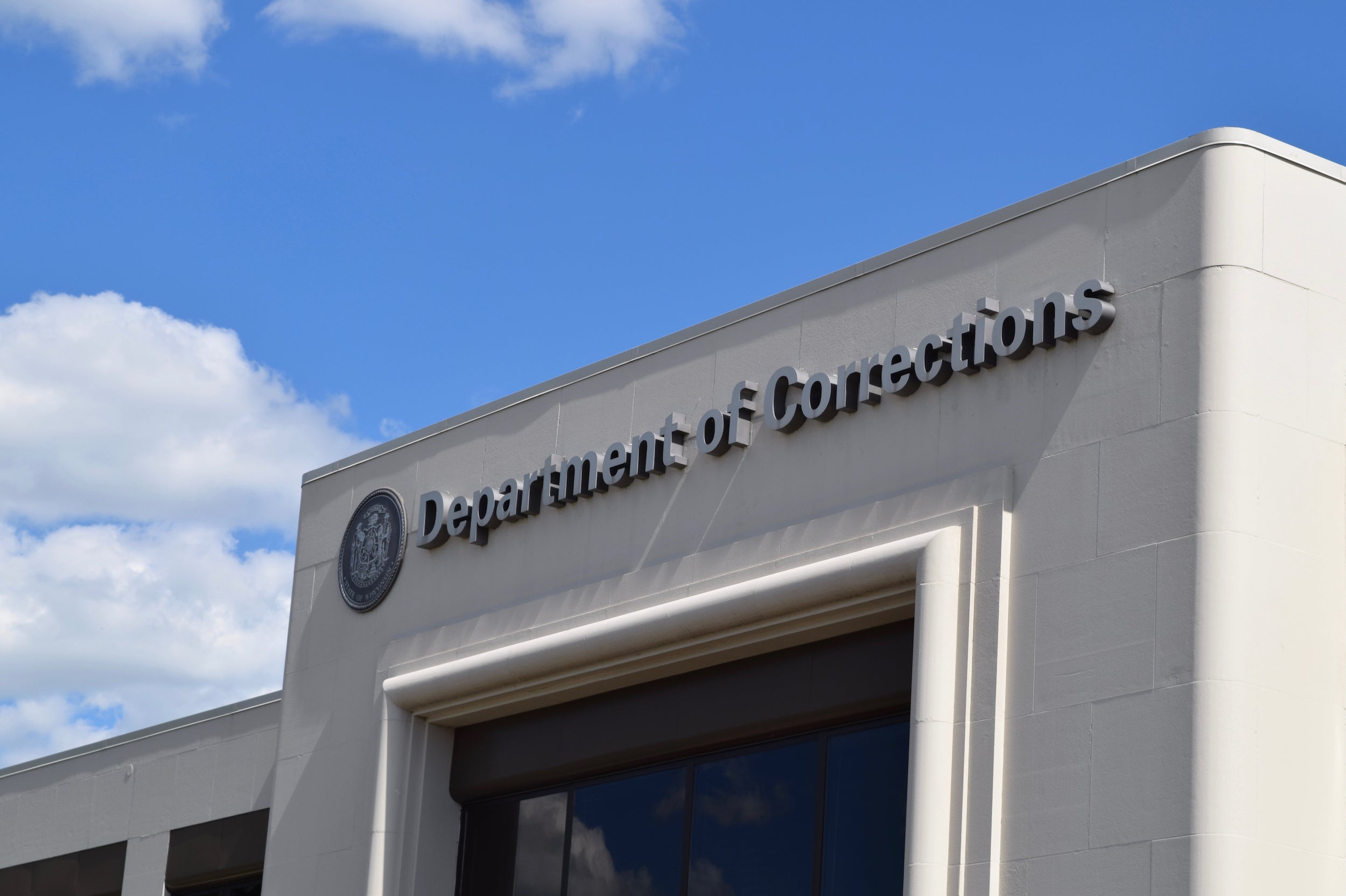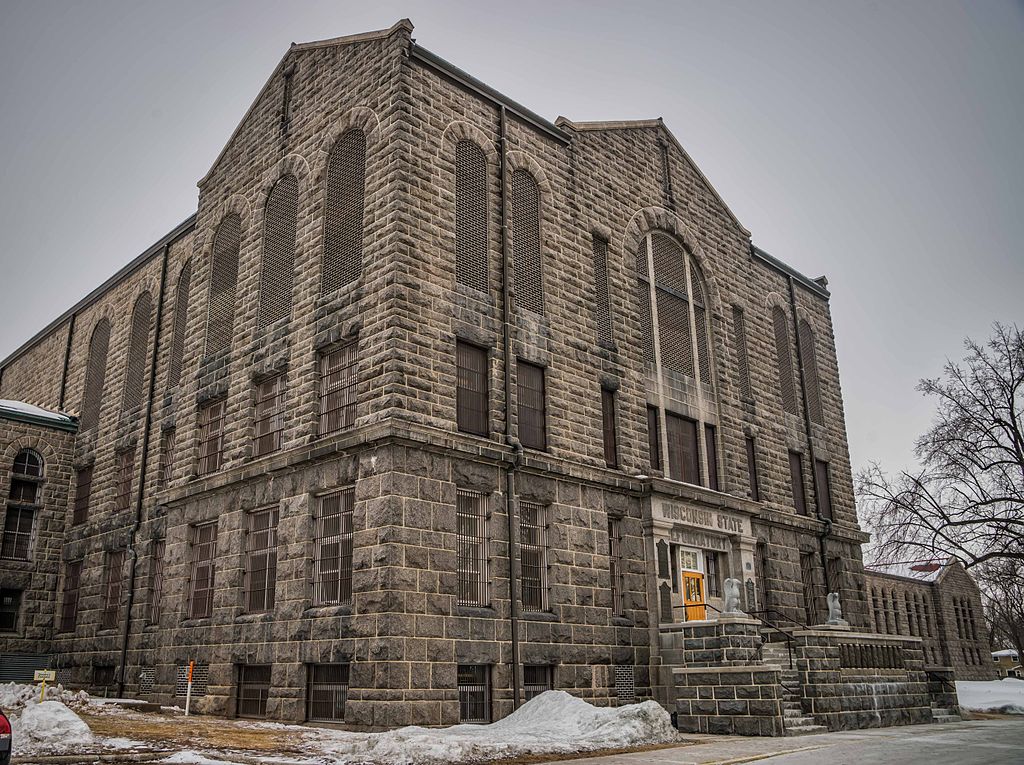Wisconsin’s Department of Corrections says it’s increasing access to showers for men incarcerated at a maximum security prison.
The announcement comes as pressure mounts over a prison lockdown that’s stretching into its 10th month.
For months, men incarcerated at the Waupun Correctional Institution have been largely confined to their cells under what the DOC refers to as “modified movement” status.
Stay informed on the latest news
Sign up for WPR’s email newsletter.
The restrictions on activities including exercise, recreational programs and visitation come amid short-staffing at the prison, and officials have cited a need to preserve safety.
An ongoing federal lawsuit alleges conditions at Waupun amount to cruel and unusual punishment. Among other conditions, the lawsuit filed last fall describes inmates being denied adequate physical and mental care while contending with contaminated water and vermin infestations.
Meanwhile, Green Bay Correctional Institution, another maximum security facility, has been under “modified movement” status, known colloquially as a lockdown, since June.
In November, the DOC announced the lifting of some restrictions at both Waupun and Green Bay, although both institutions remain under modified movement status.
And last week, the department announced it was lifting a lockdown restriction related to “personal hygiene” and is now allowing inmates to shower twice a week. Prior to last week’s announcement, men incarcerated at Waupun were only allowed to shower once per week, according to the DOC.
James Wilbur, a criminal justice reform advocate who used to be incarcerated in Wisconsin, said the DOC’s promise to ease lockdowns comes too little too late.
“The DOC is trying to avoid accountability, and so they’re implementing relatively insignificant protocols to try to make it look as though it’s a big deal,” Wilbur said in an interview with WPR. “Their inability to provide meaningful access to hygiene on a daily basis shows very much that they’re not invested in the rehabilitation of people.”
People incarcerated at Waupun still face restrictions on leisure activities and in-person visits while men locked up at Green Bay continue to face restrictions on their allotted leisure time, according to the DOC.
In its news release, the DOC attributed the easing of limits on showering at Waupun, in part, to a supplemental staffing plan, in which security workers from other prisons are temporarily reassigned to Waupun.
“While we understand the work is not yet finished, we’re encouraged by both the growing interest in corrections officer jobs and the tremendous work from our staff to help get us to this point,”DOC Secretary Kevin Carr said in a statement. “We will continue to evaluate operations at both facilities and increase activities when it can be done safely for staff and all persons in our care.”
Effective last July, the Legislature and the governor agreed to raise starting pay for corrections officers to $33 an hour with extra pay bumps available for people who agree to work in higher security facilities.
Nonetheless, more than a quarter of correctional officer and sergeant positions remain vacant at prisons across Wisconsin, according to the latest state data. That compares to an even higher vacancy rate of 39 percent at Green Bay and a still higher vacancy rate of nearly 55 percent at Waupun.

Advocates: ‘Overpopulation, not understaffing’
Mark Rice, a formerly incarcerated person who now advocates for criminal justice reform through a group called WISDOM, says hiring more guards won’t fix a system he believes locks up too many people.
“Right now, the Department of Corrections speaks a lot about what they call a ‘staffing crisis,’” Rice said during a forum last week at the First Unitarian Society in Madison. “But, really, we know the problem is overpopulation, not understaffing.”
Last year, Democratic Gov. Tony Evers and DOC leaders announced plans to ease overcrowding at Waupun by no longer requiring people incarcerated there to double up on cells.
Officials say their goal is to bring Waupun single cell occupancy by March 1 — something they plan to accomplish by transferring Waupun prisoners to other facilities.
Under state administrative rules, Wisconsin inmates are supposed to have access to at least two “bathing periods” per week. They’re also required to get at least four hours of free time outside their cells every week. That leisure time could include activities, such as “recreational reading, sports, film and television viewing, and handicrafts,” according to the rules.
A prison warden is allowed to suspend those rules, however, “if an emergency occurs that prevents the normal functioning of the institution,” according to administrative code.
While lockdowns persist, people incarcerated in Wisconsin continue to be subject to “nothing less than vicious conditions,” Wilbur said.
“You’re basically stuck in a 6-by-8 cage, not even knowing when you’re going to get a basic opportunity to do things that we take for granted,” Wilbur said.
Wilbur, who formerly worked as WISDOM’s prison outreach coordinator, said men incarcerated at the medium-security Stanley Correctional Institution are also facing added restrictions, though he said those limitations have been less severe than at Waupun and Green Bay.
DOC spokesperson Kevin Hoffman did not respond Friday to questions from WPR, including a question about modified movement status at Stanley.
As of last week, 796 men were incarcerated at Waupun, a prison that was designed for 882 people, according to a weekly report from the DOC.
Meanwhile, 992 men were incarcerated at Green Bay, making it overcapacity by more than 240 people. Stanley was overcapacity by more than 60 inmates with a population of 564 people.
Wisconsin Public Radio, © Copyright 2025, Board of Regents of the University of Wisconsin System and Wisconsin Educational Communications Board.



